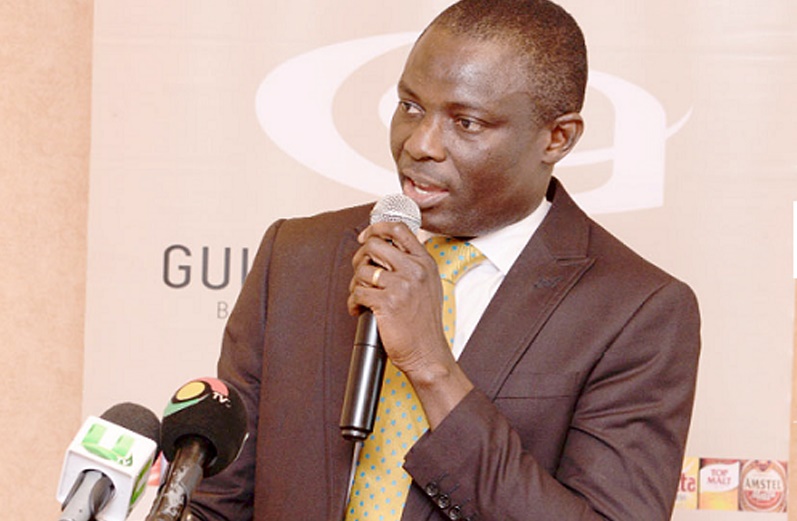The above was the subject of an article written by Nii Moi Thompson, the immediate past Director General of the National Development Planning Commission.
It is important to point out that Dr Nii Moi Thompson was a political activist and critic during the Kufuor era. He identified himself as a member of Convention People’s Party (CPP) but operated largely in NDC circles. When the National Democratic Congress won power in 2009, he was appointed a presidential staffer. Subsequently, he was promoted by the NDC administration to be the Director General of the National Development Planning Commission.
When the New Patriotic Party came into office in January 2017, he remained in his position. I sat in a number of policy meetings with him, and can recall the humility and sobriety with which he conducted himself. I admired his calmness and imagined what a changed person he had become from his previous posture as a firebrand critic of the Kufuor government. After serving under the Nana Addo administration for some 10 months, his service in that position came to an end.
It is this man who has launched one of the most dishonest and malicious commentaries on the 19_month Nana Addo administration. In the overly partisan article, he attributes every challenge he perceives Ghana’s economy to be facing, including the recent drop in the value of the cedi, to the current government’s vindictive refusal to pay some “NDC Contractors”.
It was unfortunate. A former Director General of the National Development Planning Commission must carry himself with dignity. The opportunity to serve in high office should impose on us a greater sense of responsibility.
First, this government has made a policy choice to implement many of its manifesto commitments in agriculture and social services at the initial stages of its tenure. This has swelled the “Good and Services” spending considerably. The National Identification Scheme, the Free SHS, the Planting for Food and Jobs, the School Feeding Programme and many other interventions are the reasons for the large “Goods and Services” budget in both the 2017 and 2018 budget statements. It is hard to see how anybody could overlook this obvious fact.
This front-loading of government’s flagship programmes has understandably affected capital expenditure. Government recognizes this, which is why the Sinohydro facility of US$2 billion that has already received parliamentary approval is being dedicated to only capital expenditure.
In any event, the current government has paid a total of GH¢6.6 billion (ESLA inclusive) of inherited arrears to contractors and other creditors. And these are contractors who got those contracts under the NDC administration. That does not make them NDC contractors. My observation is that all contractors do business with all ruling parties anyway. They care first about their businesses, not politicians or political parties. Which is why we must learn to treat the private sector as private sector without political labels.
And I can say with confidence that the monies that have been available for payment of debts and arrears inherited from the Mahama administration have been used to pay all contractors and creditors across board. If not for anything at all, we know that failure to do so could result in legal actions against government.
If there are contractors whose outstanding payments have been withheld because they are “NDC contractors”, let Nii Moi put their names out. This reckless labelling of contractors in political colours must be discouraged, and not deepened!
But let us assume without admitting that some “NDC contractors” have been refused payment for work done, how does that lead to a depreciation of the cedi? The clumsy and partisan mixing up of incoherent economic theories in Nii Moi’s article adds no value to discourse on Ghana’s economy.
Again, assuming without admitting that the banks have cut credit to private contractors because the contractors are not paying back money they borrowed to do contracts under the previous government, how does that lead to inflation and depreciation of the cedi?
The fact of the cedi is that, in spite of the recent drop in value, the overall performance of the cedi over the last 19 months of the Nana Addo government is far better than it was in the preceding 19 months or earlier. This is fundamentally the point Dr Bawumia made. If you think the Vice President is wrong, say so boldly so that we can look at the figures. And for information, these figures are already in the public domain.
We have a nation and an economy to build. That is our future. If we allow malice and partisanship to cloud public discourse on the economy we hurt ourselves as a people.
By Kwaku Kwarteng, Deputy Minister for Finance




